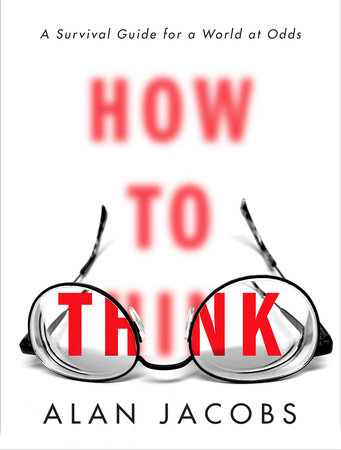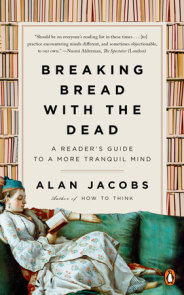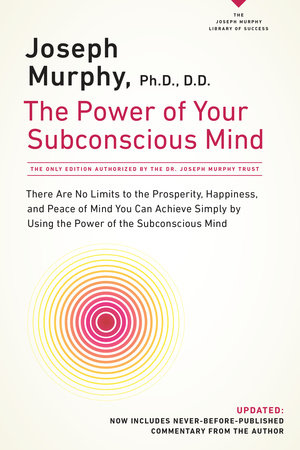

How to Think
By Alan Jacobs
By Alan Jacobs
By Alan Jacobs
By Alan Jacobs
By Alan Jacobs
Read by P.J. Ochlan
By Alan Jacobs
Read by P.J. Ochlan
Category: Psychology | Business
Category: Psychology | Business
Category: Psychology | Business | Audiobooks

-
$24.00
Oct 17, 2017 | ISBN 9780451499608
-
Oct 17, 2017 | ISBN 9780451499615
-
Oct 17, 2017 | ISBN 9780525500117
262 Minutes
Buy the Audiobook Download:
YOU MAY ALSO LIKE
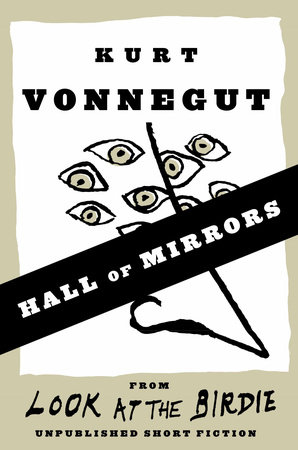
Hall of Mirrors (Short Story)

To Risk It All
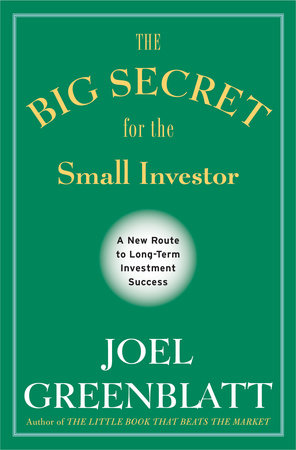
The Big Secret for the Small Investor

Interview with an Angel
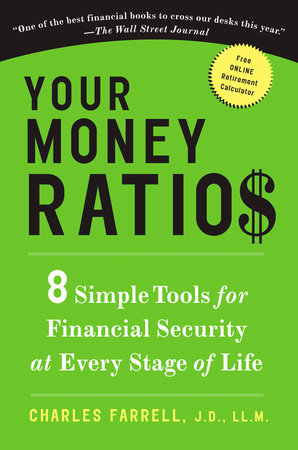
Your Money Ratios

The Obedience of a Christian Man
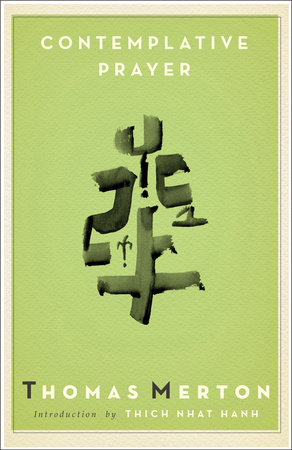
Contemplative Prayer
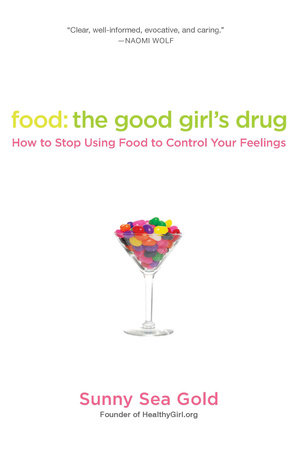
Food: the Good Girl’s Drug
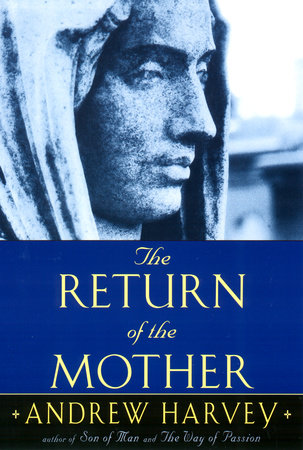
The Return of the Mother
Praise
“Absolutely splendid . . . Jacobs’s emphasis on the relational nature of thinking is essential for understanding why there is so much bad thinking in political life right now . . . Back when they wrote the book of Proverbs it was said, ‘By long forbearing is a prince persuaded, and a soft tongue breaketh the bone.’ These days, a soft tongue doesn’t get you very far, but someday it might again.”
—David Brooks, New York Times
“Wise and delightful . . . In seven brief chapters, Mr. Jacobs suggests methods by which readers may cultivate habits that encourage the charitable and clear expression of thought . . . The reasons educated and otherwise well-functioning Americans have fallen into habits of name calling and gross intellectual dishonesty, he argues, can’t be boiled down to philosophical disagreements or some atavistic cultural neurosis. It’s the result of laziness. Mr. Jacobs insists we must try harder.”
—Wall Street Journal
“This may not be the most uncivil political era of all time, Jacobs argues, but there’s something about it that is distinctively terrible . . . How to Think is part essay, part lament, part how-to guide for processing the world more generously.”
—The Atlantic
“Refreshing and hopeful, even as it points out some of our worst habits of ‘not thinking’—our tendency toward snap judgment, for instance, or our creation of and animosity toward ‘Repugnant Cultural Others.’ . . . Whatever your positions, this book is a guide in how you should hold those positions, and how you should regard and interact with those of a fundamentally different mind.”
—The Paris Review (Staff Pick)
“Witty, engaging, and ultimately hopeful, Jacobs’s guide is sorely needed in a society where partisanship too often trumps the pursuit of knowledge.”
—Publishers Weekly
“Wonderful . . . a lively antidote to magical thinking.”
—Christianity Today
“Just when it feels like we’ve all lost our minds, here comes Alan Jacobs’s How to Think, a book infused with the thoughtfulness, generosity, and humor of a lifelong teacher. Do what I did: Sign off social media, find a cozy spot to read, and get your mind back again. A mindful book for our mindless times.”
—Austin Kleon, bestselling author of Steal Like an Artist
“As much as this book is a manual, it’s also a self-portrait of a particular mind, whose style and skills are ballast against the cognitive turbulence of our time. Reading How to Think feels like riding in a small but sturdy boat, Alan Jacobs your pilot through turbulent waters — and if you’re eager to get where he’s taking you, you’re also grateful for the chance to simply watch him do his thing.”
—Robin Sloan, bestselling author of Mr. Penumbra’s 24-Hour Bookstore
“Engrossing and hopeful . . . The compelling beauty of Jacobs’s account of a life lived well and thoughtfully shines through best in his descriptions of the ideal thinker as generous, imaginative, and caring. Unlike the virtues of intellectual self-reliance celebrated by Descartes and Kant, the virtues Jacobs extols are well suited to a world that is beautiful precisely because no one account or model or theory is ever fully adequate to it.”
—The Weekly Standard
“I disagree passionately with Alan Jacobs about a number of very important things, but this indispensable book shows me how to take him by the hand while we argue, rather than the throat. In troublingly stupid times, it offers a toolbox for the restoration of nuance, self-knowledge and cognitive generosity.”
—Francis Spufford, author of Golden Hill and Unapologetic
“Jacobs’s book is both timely and encouraging. Timely, because we’re currently swimming in a sea of punditry, post-truth, partisanship, and perpetual news, which seems to be making engaged thoughtfulness harder and harder. Encouraging, because in spite of all this, Jacobs is optimistic about the possibility of thinking.”
—The Gospel Coalition
“We tend to regard thinking as an exclusively individual experience that operates at the intersection of neural activity and personal consciousness. But we miss the ways our thinking is shaped by the social environment we live in. In this slim and beautifully written volume, Alan Jacobs provides a courageous, erudite and deeply humane corrective.”
—James Davison Hunter, professor at University of Virginia, author of Culture Wars and To Change the World
21 Books You’ve Been Meaning to Read
Just for joining you’ll get personalized recommendations on your dashboard daily and features only for members.
Find Out More Join Now Sign In







